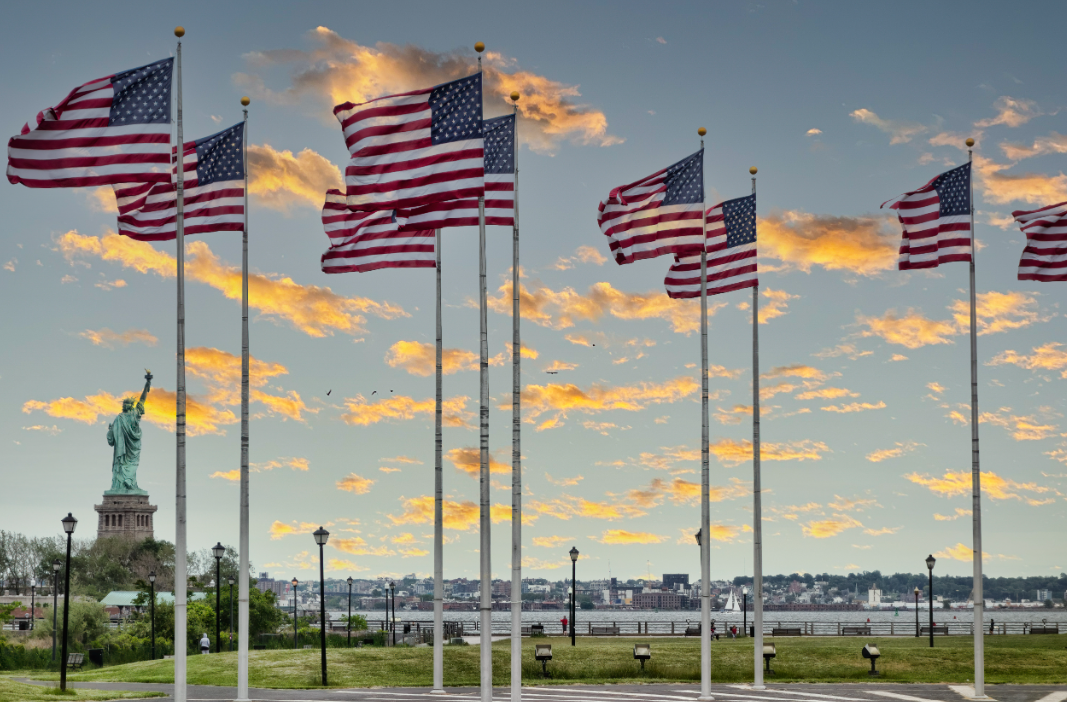The COVID-19 pandemic brought unprecedented challenges to all facets of society, including the world of music. New Jersey, with its vibrant musical landscape and rich cultural heritage, was not exempt from the pandemic’s impact on the music industry. In this article, we will delve into the multifaceted ways in which the pandemic has transformed New Jersey’s music scene, from canceled concerts and shifting business models to creative adaptations and community support, shedding light on both the challenges and the resilience of those within the state’s music industry.
Silent Stages: Canceled Concerts and Events
One of the most immediate and visible impacts of the pandemic on New Jersey’s music industry was the cancellation of live concerts and events. From small local gigs to large-scale music festivals, venues fell silent as public health measures prohibited gatherings. This abrupt disruption affected artists, promoters, venue owners, and the countless professionals working behind the scenes. The financial toll was significant, as revenue streams from ticket sales, merchandise, and concessions dwindled to a standstill.
Shifting Business Models: Virtual Performances
Adversity spurred innovation as musicians and venues adapted to the “new normal” by embracing virtual platforms. Live streaming performances and online concerts became the lifeline for artists seeking to connect with their audiences and generate income. Venues experimented with virtual tours and streaming events, allowing fans to enjoy live music from the safety of their homes. This shift in business models not only helped to sustain artists but also broadened the reach of New Jersey’s music scene beyond its geographical boundaries.
Creative Collaborations and Adaptations
The pandemic prompted collaborations and creative adaptations within New Jersey’s music industry. Musicians explored remote collaborations, producing tracks with fellow artists despite physical distancing. Studios shifted to remote recording sessions, allowing artists to continue creating music while adhering to safety protocols. Drive-in concerts, where audiences enjoyed performances from the safety of their vehicles, emerged as a novel way to experience live music. Additionally, venues offered curbside pickups for merchandise and introduced creative ways to engage audiences, such as virtual album release parties and online workshops.
Community Support: Banding Together
The challenges brought about by the pandemic led to a sense of solidarity within New Jersey’s music community. Benefit concerts, fundraisers, and crowdfunding campaigns emerged to support struggling artists, venue staff, and industry professionals. Musicians and fans alike recognized the importance of sustaining the local music ecosystem and rallied to provide financial assistance and emotional support. Organizations, like the New Jersey Pandemic Relief Fund, were established to offer aid to those impacted by the crisis, showcasing the resilience and compassion of the state’s music community.
Reimagining the Future: Long-Term Implications
The pandemic’s impact on New Jersey’s music industry has prompted a reassessment of long-term strategies. Musicians and industry professionals are reevaluating the reliance on traditional revenue streams and exploring innovative ways to monetize their work in a digital landscape. Venues are considering how to provide safe and engaging experiences for audiences as they navigate post-pandemic operations. Additionally, the shift to virtual performances has highlighted the importance of strong online presence and engagement, leading to a broader emphasis on social media and digital marketing strategies.
The COVID-19 pandemic disrupted New Jersey’s music industry in profound ways, shaking the foundations of live performances, challenging traditional business models, and igniting a wave of creativity and adaptation. Through canceled concerts, virtual performances, creative collaborations, community support, and a reimagining of the future, New Jersey’s music community displayed remarkable resilience. As the industry continues to navigate these challenges, the lessons learned during this unprecedented time will undoubtedly shape its trajectory, guiding artists, venues, and music enthusiasts toward a transformed and revitalized musical landscape.
